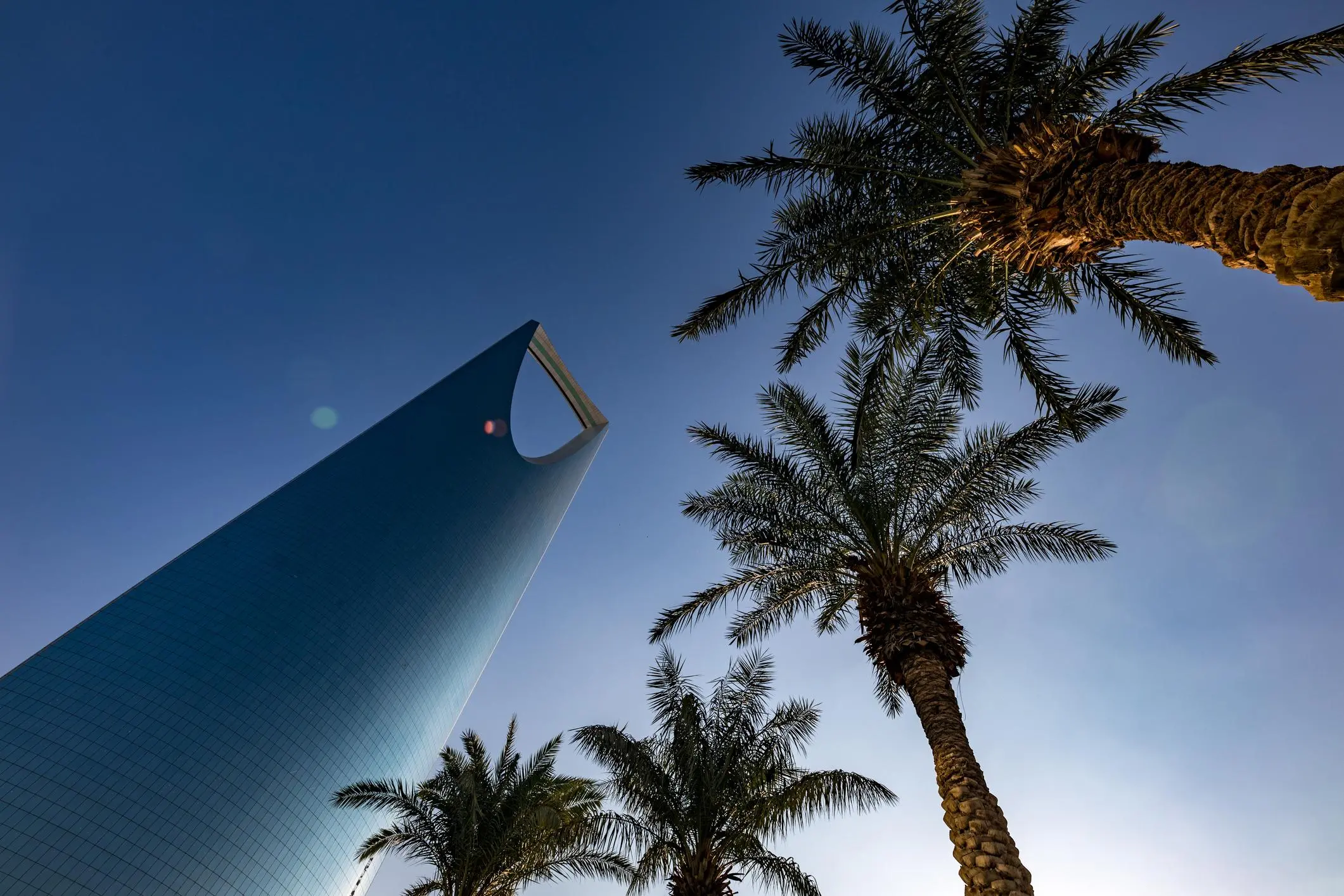PHOTO
Saudi Arabia is undergoing a nationalist transformation. During this year’s Saudi National Day on September 23, people across the kingdom – especially the young people who constitute a majority of the population – turned out in droves to wave flags, dance, and marvel at military flyovers. Promoted by Saudi Arabia’s Crown Prince Mohammed bin Salman (widely known as MBS), the surge in patriotic displays sheds light on the motivations behind the country’s recent political and economic reforms.
Begin with the foreign-policy front, where Saudi Arabia has agreed to a détente with Iran, facilitated by China; entered into talks with Israel, brokered by the United States, to normalise the diplomatic relationship; gained entry into the Brics group of major emerging economies; and embarked on efforts to end the war in Yemen.
Domestically, the kingdom has pursued a major transition that includes centralisation and consolidation of power under MBS; and a revision of Saudi history and school curricula to align with the regime’s narratives. Meanwhile, the kingdom has made massive investments in international sports (particularly golf and soccer) and adopted an oil-production policy more aligned with its long-term fiscal needs.
The core purpose of MBS’s reforms is to transform the kingdom from a rentier state that is predominantly reliant on oil revenues to a diversified economy that can generate income unrelated to the hydrocarbon sector. To this end, the government has launched several so-called “giga projects.” Neom, a carbon-neutral city being developed near the Red Sea at a staggering cost is a prime example.
To understand these developments, one must pay close attention to what MBS has said about past Saudi policies, both publicly and in private, since 2016. He argues that his predecessors pursued failed policies and governed in ways that were detrimental to the country’s national interests. MBS believes the regime should have relied on nationalism, rather than religion, as a means of ensuring its survival.
Moreover, MBS contends that rampant corruption and bureaucratic inefficiency significantly undermined Saudi Arabia’s stability. And, most importantly, he views previous Saudi governments’ reluctance to diversify the economy away from oil – an effort that officially began in the 1960s – as inexcusable. The kingdom must address these historical mistakes urgently, he believes, before it is too late.
Saudi Arabia’s domestic reforms and foreign-policy agenda are inextricably linked, since the success of the kingdom’s economic project hinges on its ability to secure peace and stability throughout the Middle East. MBS envisions the kingdom as a leading geopolitical force and a nexus of trade, transportation, logistics, and communication between East and West. This objective is the driving force behind the normalisation talks with Israel. The conflict between Israel and the Arab world has long been a source of regional instability. Moreover, Israel provides a gateway to the Mediterranean, positioning it as a critical strategic link in a vast transglobal network that extends from India to Europe.
In a recent interview, MBS said he wants Saudi Arabia to become one of the world’s ten largest economies, noting that the kingdom, already a member of the G20, recently became the 15th largest. While MBS had previously sought an invitation to join the G7, he made little headway and then jumped at the chance to join the Brics, insisting that this was not a move against the West, but rather a way to position his country for future growth and maintain cordial relations with all of the world’s major powers.
MBS is data-driven and frequently compares his country to others. When he talks, he sounds more like the CEO of a company aiming for market dominance than a traditional political leader. Even as the US and China move toward economic decoupling and try to establish new supply chains, he advocates a global liberal economic order. He has made efforts to foster strong trade ties with each of the three countries that will likely shape the twenty-first century: the US, China, and India.
When it comes to national security and strategic alliances, however, MBS remains firmly pro-American. Given that the Saudi military is largely equipped and trained by the US, ending this relationship would be immensely costly.
Saudi Arabia under MBS can be viewed as an emerging power that aspires to use its available assets to develop and diversify its economy. At the same time, the kingdom aims to leverage its resources and diplomatic ties to enhance its influence in a world increasingly divided among major powers like the US, China, Russia, and, to a lesser extent, Europe. Judging by MBS’s recent foreign-policy moves – such as getting the Chinese to mediate his dispute with Iran and the US to do the same with Israel – he certainly appears adept at navigating an exceptionally challenging geopolitical landscape. — Project Syndicate
Bernard Haykel, Professor of Near Eastern Studies at Princeton University, is completing a book on Saudi Arabia’s modern history.
Copyright © 2022 Khaleej Times. All Rights Reserved. Provided by SyndiGate Media Inc. (Syndigate.info).




















